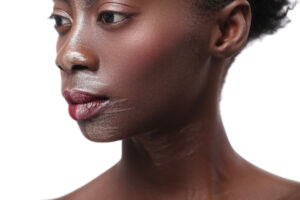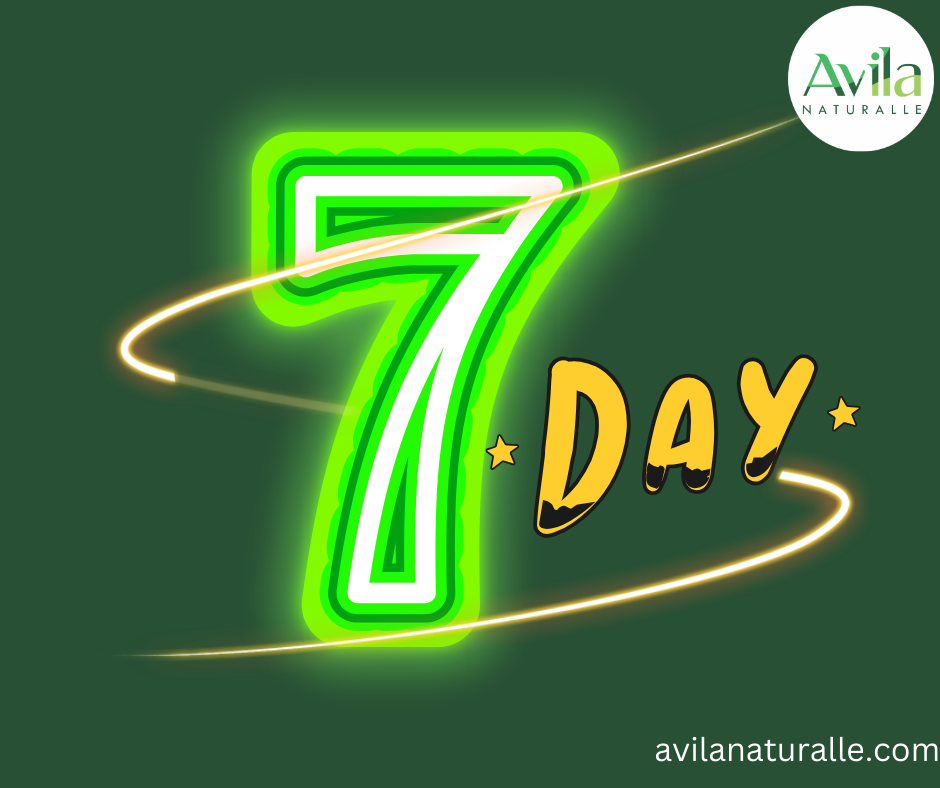
Body Butter vs Body Moisturisers: 10 Key Differences and Their Unique
- Introduction
- 10 key differences and their unique powers
- Conclusion
Body butter and body moisturisers are two body care products that nourish the body. These two body care products, however, target specific skin types. The beautiful thing about skincare products is that there is the best product for every skin type. Truly, body butter and moisturisers nourish the body alike; however, their texture, benefits, and formulation are not alike, making body butter mostly suitable for a specific skin type as well as moisturisers. One thing to establish is that both formulations truly nourish the skin.
Body butters are usually thicker and richer compared to body moisturisers which are lighter in consistency. This is where body butter and moisturiser differ. To make an excellent choice between body butter and moisturisers, you must know your skin type. Also, note that your facial skin type might be different from your body type. Your facial skin type might be oily while your body skin type is dry. Choose every skincare product based on your skin type to achieve the desired results.
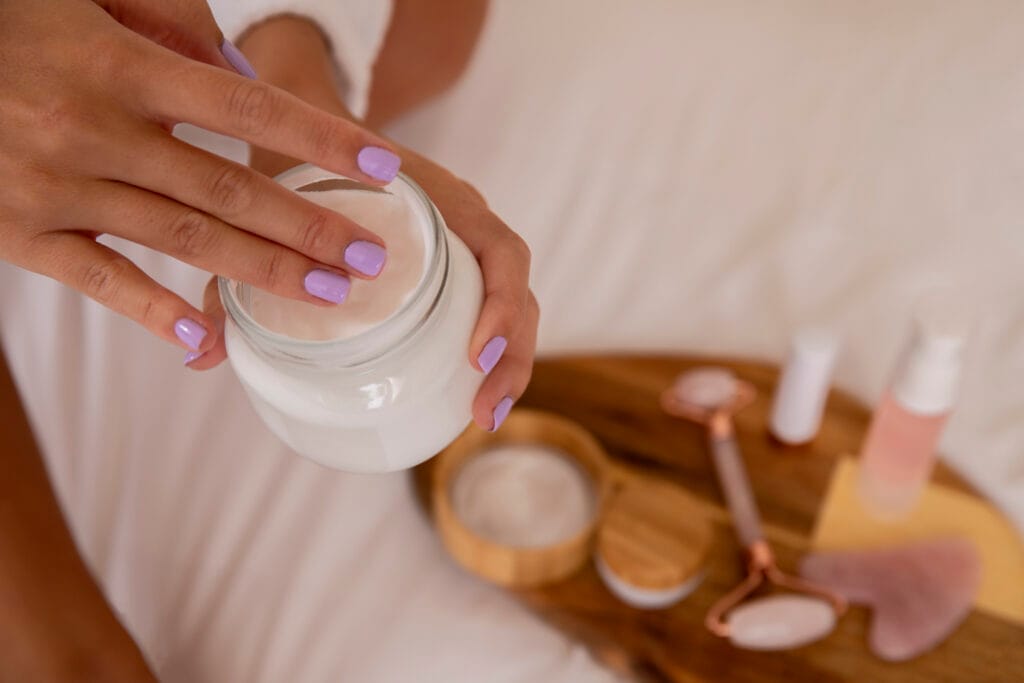
- Texture and Consistency
Body butter is thicker and more concentrated than body moisturiser since it is made from a combination of natural butter and oils that might include shea butter, mango butter, cocoa butter, coconut oil, avocado oil and many more. Body butter is especially suitable for sensitive, dry, or cracked skin that requires additional emollients that are in body butter. Body moisturisers and body butter differ primarily in consistency and texture as the latter are heavier and take longer to absorb than the former due to the inclusion of water. Moisturisers are best on skin types that are normal to oily.
- Ingredients
Body butter and moisturisers differ in ingredients. Body moisturisers. Body Moisturisers use water as a base. They use other materials like humectants that draw moisture into the skin and lightweight oils like jojoba oil, grape seed oil and many more. However, these oils are used in smaller quantities compared to body butter. Body butters, on the other hand, use lots of emollients to provide intensive moisture for dehydrated skin. Body butter is rich in emollients like shea butter, mango butter, coconut oil, avocado oil, and many more. These ingredients are rich in vitamins and fatty acids that deeply nourish the skin and provide intensive treatment for dehydrated skin or dry skin types. Body moisturisers offer both hydration and moisture, making them suitable for normal to oily skin types.
- Hydration Levels
Moisturisers provide more rapid hydration, which is excellent for maintaining smooth skin every day. Body butters, on the other hand, offer long-lasting moisture retention, making them suitable for dry and cracked skin. Altogether, moisturisers and body butter offer hydration, but apparently, the hydration level on the skin differs due to differences in ingredients. For skin that is extremely dry to very dry, body butter is the most suitable skincare product. Their thick texture provides a barrier that shields the skin from damage, keeping moisture in and preventing water loss for an extended amount of time. However, normal to slightly dry skin types are better suited for body moisturisers since they are a balance of both water and emollients. They moisturise the skin, but because they are lighter than body butter, they are not suited for dry skin types.
- Skin Type Compatibility
The use of body butter or body moisturiser largely depends on skin type. Body butters are a better option for dry and damaged skin. They can be directly applied on the elbows, knees, or heels to soften and smoothen that skin area. They are also an excellent option to treat psoriasis or eczema as these skin conditions require intensive moisture to relieve severe dryness. The better choice for people with normal, oily, or mixed skin, on the other hand, are body moisturisers, especially in cases of frequent breakouts due to clogged pores. This will absorb into the skin and prevent greasy skin like body butter. Skin type guides the choice of body butter and body moisturiser.
- Seasonal Use
Seasons come with different weather that can affect the health of the skin. Body butter and body moisturiser each have a season they are most suited for, so you can choose your body care product based on seasons too. For instance, body butter is great for the skin because cold weather dries out the skin fast and may result in flakiness, especially during harmattan. Body butter creates an impenetrable barrier that keeps moisture in and protects the skin from the effects of cold weather/seasons. A lighter product, like a body moisturiser, is best suited for the warmer season due to heat, which can make body butters seem too heavy on the skin. This may lead to breakouts and a sweaty body. Moisturisers are best for warm seasons, as they keep the skin hydrated while letting it breathe.
- Absorption Speed
Body butters, compared to body moisturisers, seep into the skin more slowly, providing lasting moisture on the skin. Their slow absorption into the skin forms a barrier on the skin that gives a shiny effect while softening the skin gradually. Due to the higher water content in body moisturisers, they soak into the skin quickly. Within a few minutes of application, they seep into the skin, providing moisture without a greasy residue. Either of both absorption speeds is excellent; it all falls back on skin type and personal preference.
- Healing and Repair Benefits
Body butters are exceptionally rich in natural vitamins, antioxidants, and essential fatty acids that help heal and repair the skin. Shea butter, for example, is rich in vitamins A and E, which promote skin regeneration, while cocoa butter is known for its ability to reduce the appearance of scars and stretch marks.
Moisturisers, on the other hand, are best for people without any skin condition or damage. They excellently hydrate and maintain the skin’s moisture barrier but are typically not as powerful in terms of skin repair. However, natural moisturisers with ingredients like aloe vera, papaya, avocado, hyaluronic acid, and many more can also provide reparative benefits. Moisturisers can be opted for in this case when they are for mildly irritated skin.
8. Fragrance and Sensory Experience
Rich, natural ingredients like cocoa or mango butter give body butter its stronger, longer-lasting scents. They offer a more luxurious feel and aroma. Aromatherapists frequently employ them to calm the senses. Moisturisers are effective; however, they mostly do not have lasting scents like body butter. Some may even be fragrance-free. Moisturisers are usually more neutral in scent compared to body butter, which provides a posh, scented experience.
- Longevity of Effects
Body butter has longer-lasting moisturising properties than moisturisers. The thick formulation of butter and oils provides long-lasting hydration as they sit on top of the skin and gently seep into it. Depending on the damage level of the skin, body butter may be reapplied or applied once a day. Moisturisers, on the other hand, can be reapplied all day long as needed due to their lighter consistency. Body butter can provide up to 24 hours of moisture, while body moisturisers may need to be reapplied for lasting hydration.
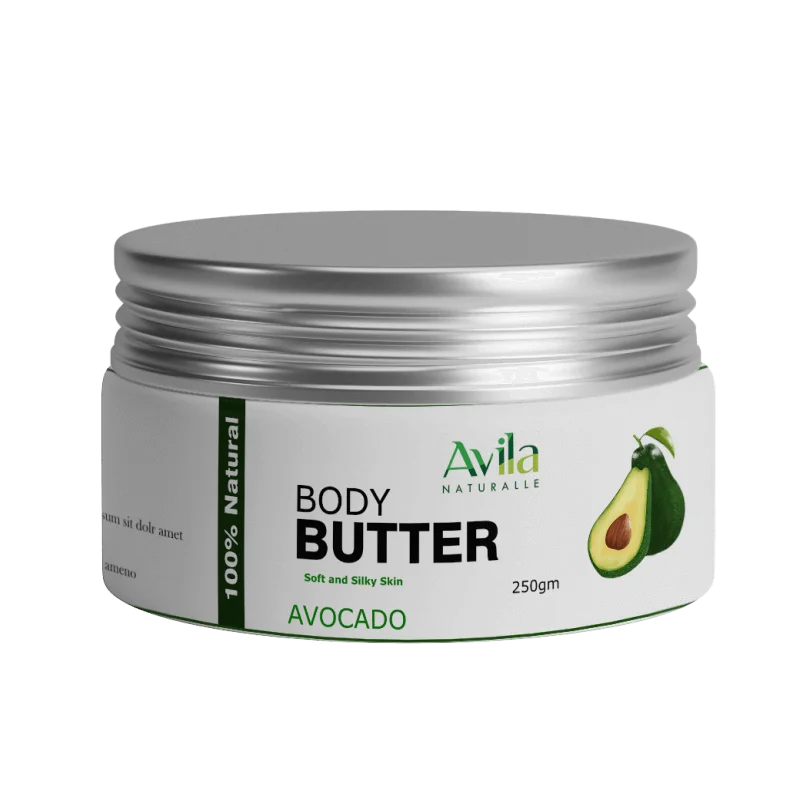
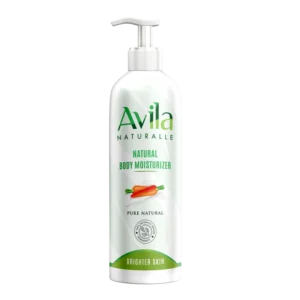
- Target Areas
Body butter is mostly recommended for people with dry or dry-prone skin. Body butter is frequently used to moisturise dry areas of the skin like the hands, knuckles, feet, elbows, and knees. Also, they provide intensive moisture treatment, especially when used overnight on areas like the knuckles, knees, and elbows. Moisturisers, however, can only be used on every part of the body since they are not as powerful in body repair as body butter. They provide smooth and supple skin while providing daily hydration. While moisturisers offer general, balanced hydration for the entire body, body butter moisturises the whole body while targeting damaged areas on the skin.
Body moisturisers and body butter both supply tangible benefits to the body. Each body care product incorporated into the skincare regimen will supply its own unique qualities. The secret to harnessing the power of both body butter and moisturiser is to know what the skin needs, basically “know your skin type.” Body butter is the perfect choice if you’re searching for intense hydration and skin restoration. Body moisturiser, on the other hand works great for balancing moisture, making it especially suitable for normal to oily skin. Know your skin type and make the right choice!
